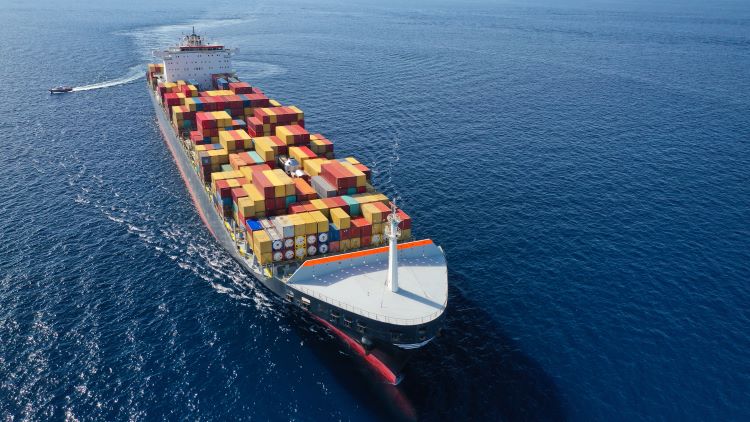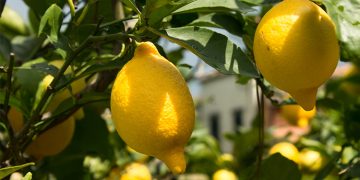Paulig has established long-term partnerships with multiple logistics carriers to switch to biofuel option for all ocean imports, reducing its ocean freight emissions by 90% and saving approximately 10,000 tonnes of CO2 emissions each year. Paulig’s main ocean imports include green coffee and spices, which represent approximately 80% of Paulig’s total shipments. This important step marks another key milestone in reducing the company’s value chain emissions and becoming a sustainability frontrunner in the food industry.
Coffee and spices, which account for around 80% of Paulig’s total incoming shipments—with over 50% of shipments coming from Latin America transporting green coffee—will now travel more sustainably, advancing the company’s commitment to climate action. While not all vessels will physically operate on biofuel, Paulig will purchase the equivalent amount under a mass balance system, while ensuring development of certified sustainable shipping practices.
“Sustainability isn’t just about what we produce; it’s about how we manage our inbound and outbound shipments. By taking these steps to decarbonise our logistics, we ensure that our products not only taste good but also do good. Investing in these important partnerships, reflects our ongoing commitment to reducing our climate impact”, says Thomas Panteli, SVP, Supply Chain and Sourcing.
Sustainable frontrunner
These partnerships build on Paulig’s broader sustainability approach, supported by the Paulig Climate Fund established in 2023 and valued at 2.5 million EUR in 2025. The fund accelerates emission reductions across the company’s value chain, targeting projects in wheat and coffee sourcing, logistics, and operations. Paulig has established long-term partnerships in Sweden, Finland, and the Baltics to reduce CO₂ emissions in logistics by transitioning to renewable fuel for shipments. More recently, the company has strengthened its commitment to sustainable transport by collaborating with Einride in Sweden to introduce electrified trucks for road transport. Next to electrification and alternative fuels Paulig has also made the modal shift using rail and shortsea connections where possible.
Paulig aims to reduce greenhouse gas emissions from its value chain by 50% from the 2018 baseline. Logistics currently account for 4% of Paulig’s total Greenhouse gas (GHG) emissions, approximately 50,000 tonnes annually, highlighting the significance of Paulig’s decision to invest in biofuels.
“Moving towards more sustainable ocean freight is more than just a logistical improvement—it is another concrete step and illustration of our firm commitment to be a frontrunner in the industry and work together with our partners to develop practices. By reducing emissions throughout its supply chain, Paulig is ensuring that sustainability is embedded in every cup of coffee and every pinch of spice it delivers to customers around the world”, says Salla Sulasuo, Director of Sustainability.
Fact box:
- 90% Reduction in CO2 emissions: Equivalent to saving approximately 10,000 tonnes of CO2 emissions annually, significantly reducing the carbon footprint of Paulig’s ocean freight.
- Long Term Partnerships: Committed to sourcing certified sustainable biofuel for all ocean imports, reinforcing Paulig’s climate goals.
- Mass Balance System: Ensures high-quality certified climate benefits even if biofuel is not physically used on every vessel.
- Focus on Key Products: Coffee and spices make up around 80% of Paulig’s total shipments, with over 50% of shipping volume dedicated to green coffee from Latin America.




















